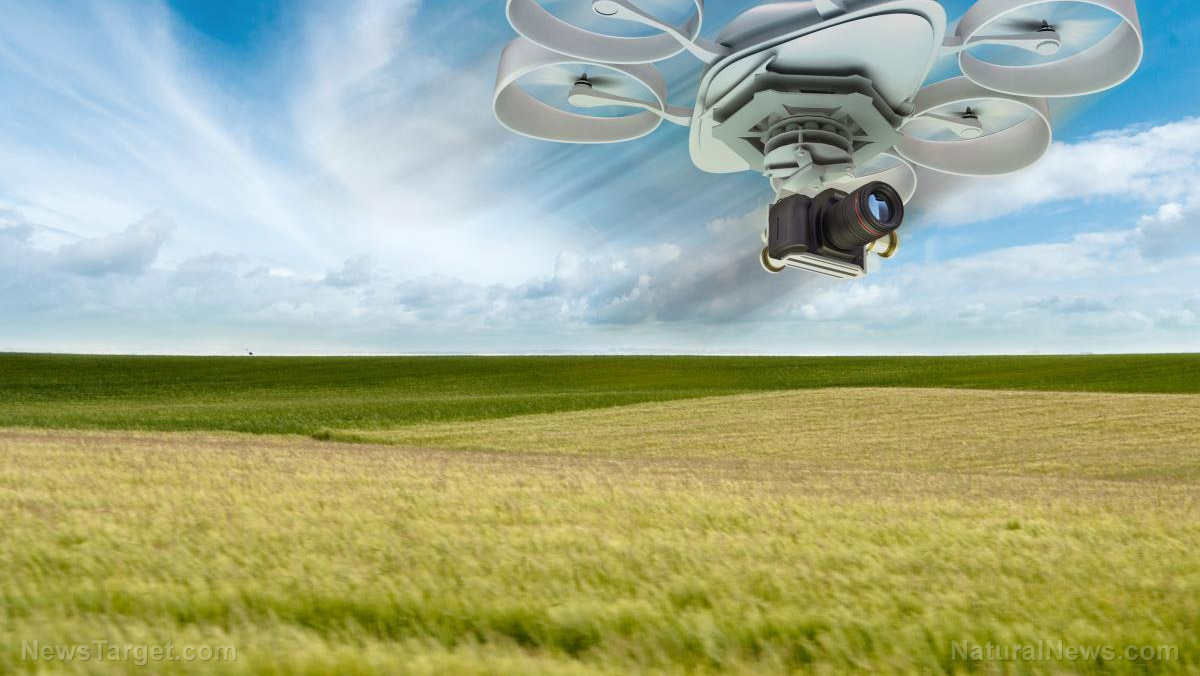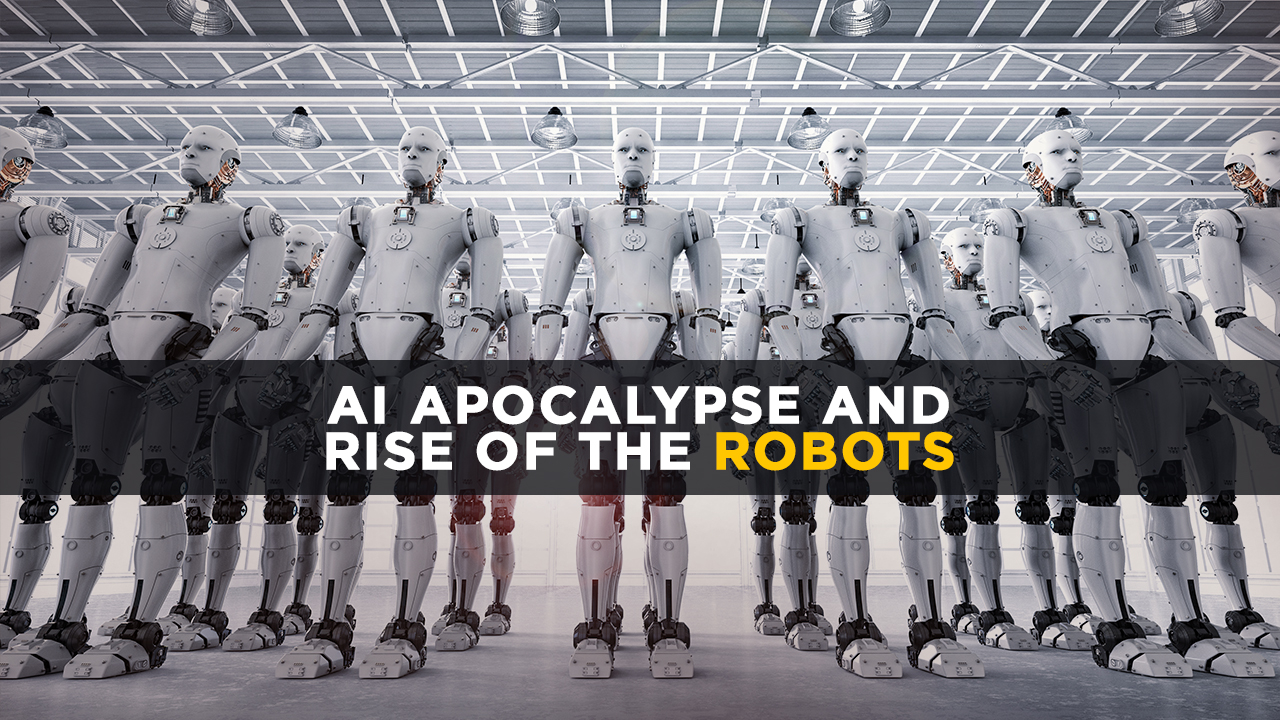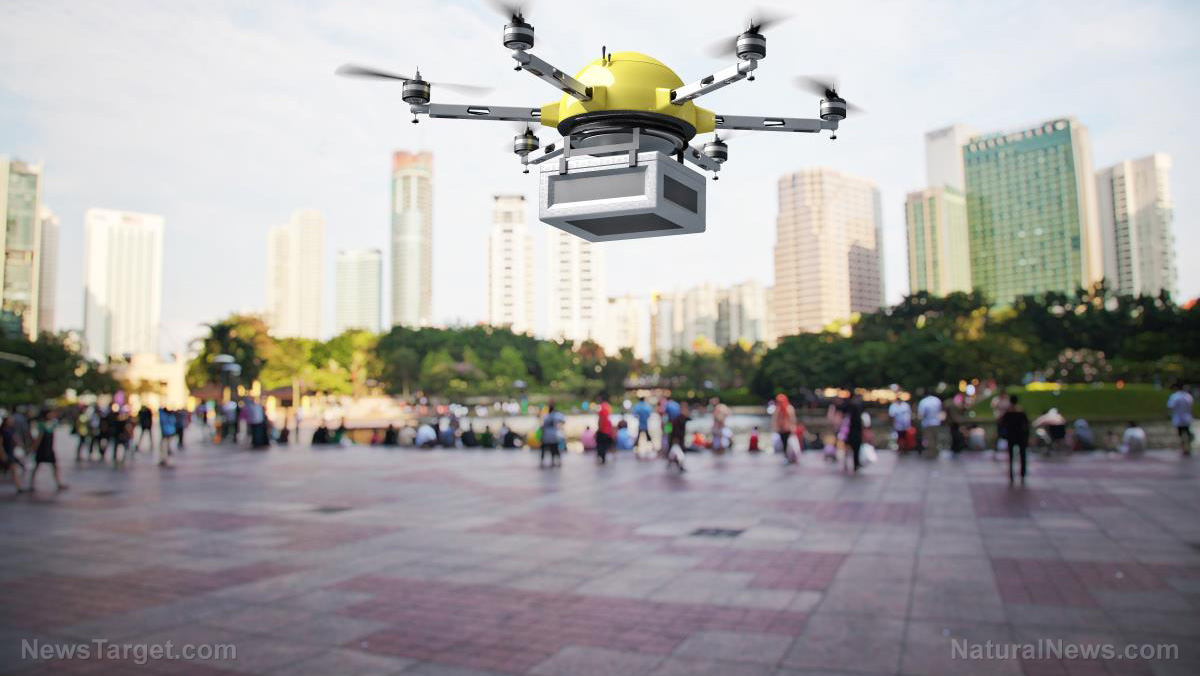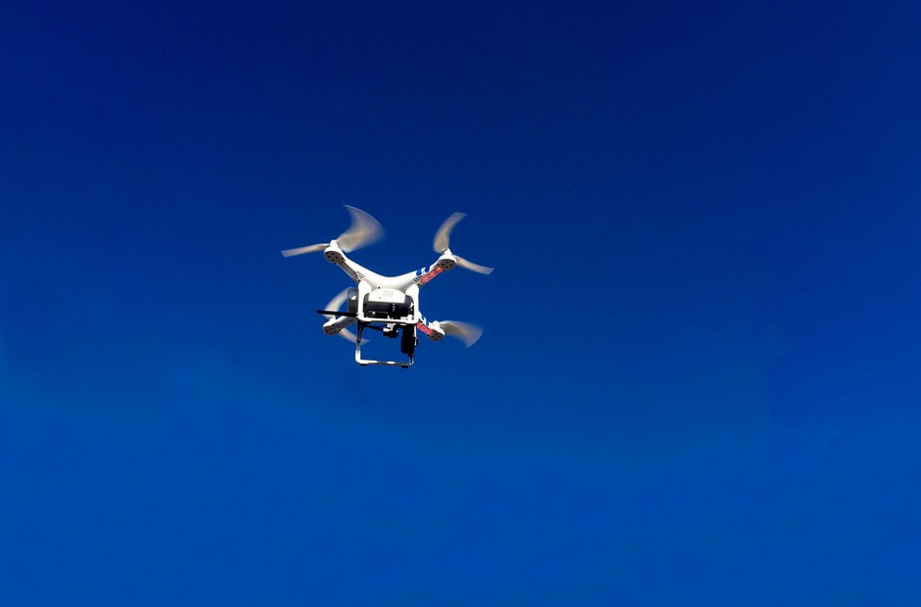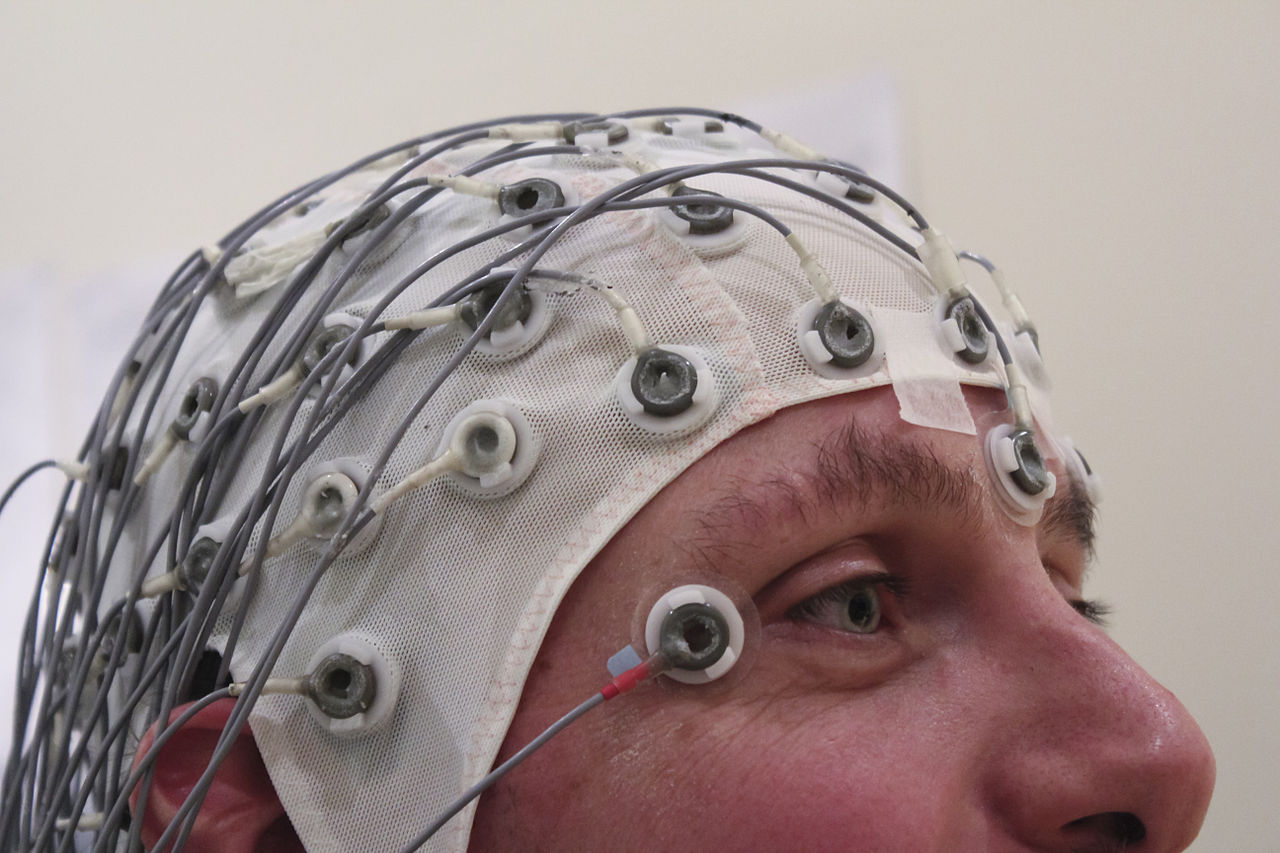Factory workers can use this smartphone app to program robots… but so could hackers
02/13/2020 / By Isabelle Z.

A new smartphone app that will allow users to program any robot to perform a particular task is getting a lot of attention, but not all of it is positive. While the program may lower the cost of building and programming robots for businesses, there could be some serious drawbacks.
Researchers from Purdue University have come up with a prototype smartphone app that people without computer programming skills can use to instruct robots to carry out mundane tasks like picking up a part from one place and delivering it to another area. They say it could also help with chores around the house, like watering the plants.
The research on the app was presented at a conference last year. Known as VRa, which is short for “virtual robotic assistant,” it’s expected to be made available for commercial use in the future before eventually being released to consumers. The researchers expect it to appeal to smaller companies that don’t have the budget for expensive mobile robots and hiring software programmers.
The app makes use of augmented reality to carry out its functions. Users can either walk where the robot should move to carry out its tasks, essentially demonstrating what the robot has to do, or draw the workflow into the actual space using their fingers on the screen of their smartphone. Users can also set certain parameters, such as whether it should stop once a certain amount of time has passed, when the job is done, or keep performing the task on repeat.
Once programming is done, the users will place the phone in a dock on the robot, where it will serve as its “brain” and “eyes,” controlling its movement and actions. It can also be programmed to carry out tasks via wireless interaction with other objects or machines, creating its own Internet of Things network.
In a demonstration, the researchers showed how such a robot could vacuum the floor, transport items, and water plants. It can also be set to record video automatically so users can check on its performance and make any adjustments that are needed.
The researchers say that the app would allow workers to focus on higher-level tasks and increase factory output. They also envision it being used by novices, including children, in homes, allowing anyone to create a simple robot on wheels that they can control themselves.
There are so many ways this technology can go wrong
However, if anyone can create a robot out of their smartphone and direct it to do whatever they want it to without any type of training, it’s easy to see all the ways this can go wrong. If you can program a robot in your own home, so, too, can someone with ill intentions, just like we’re seeing hackers gain access to people’s IoT-connected devices in their homes. The researchers say the robot can be controlled and monitored remotely via the app as it uses what are known as “simultaneous localization and mapping” algorithms not unlike those used in self-driving cars and drones.
There’s also the question of just how necessary something like this is at the consumer level – is it really that difficult to walk across your house and water your plants? While those behind the app want to convince everyone to buy into it and feel superior to those who are still willing to get up off the sofa and do things the “old-fashioned way,” the truth is that many families would just be opening themselves up to a lot of risk with these robots for very little reward.
See more news about robotics at Robotics.news.
Sources for this article include:
Tagged Under: AI, Augmented Reality, dangerous tech, Glitch, privacy watch, robotics, robots, VRa app
RECENT NEWS & ARTICLES
COPYRIGHT © 2017 ROBOTICS.NEWS
All content posted on this site is protected under Free Speech. Robotics.News is not responsible for content written by contributing authors. The information on this site is provided for educational and entertainment purposes only. It is not intended as a substitute for professional advice of any kind. Robotics.News assumes no responsibility for the use or misuse of this material. All trademarks, registered trademarks and service marks mentioned on this site are the property of their respective owners.

